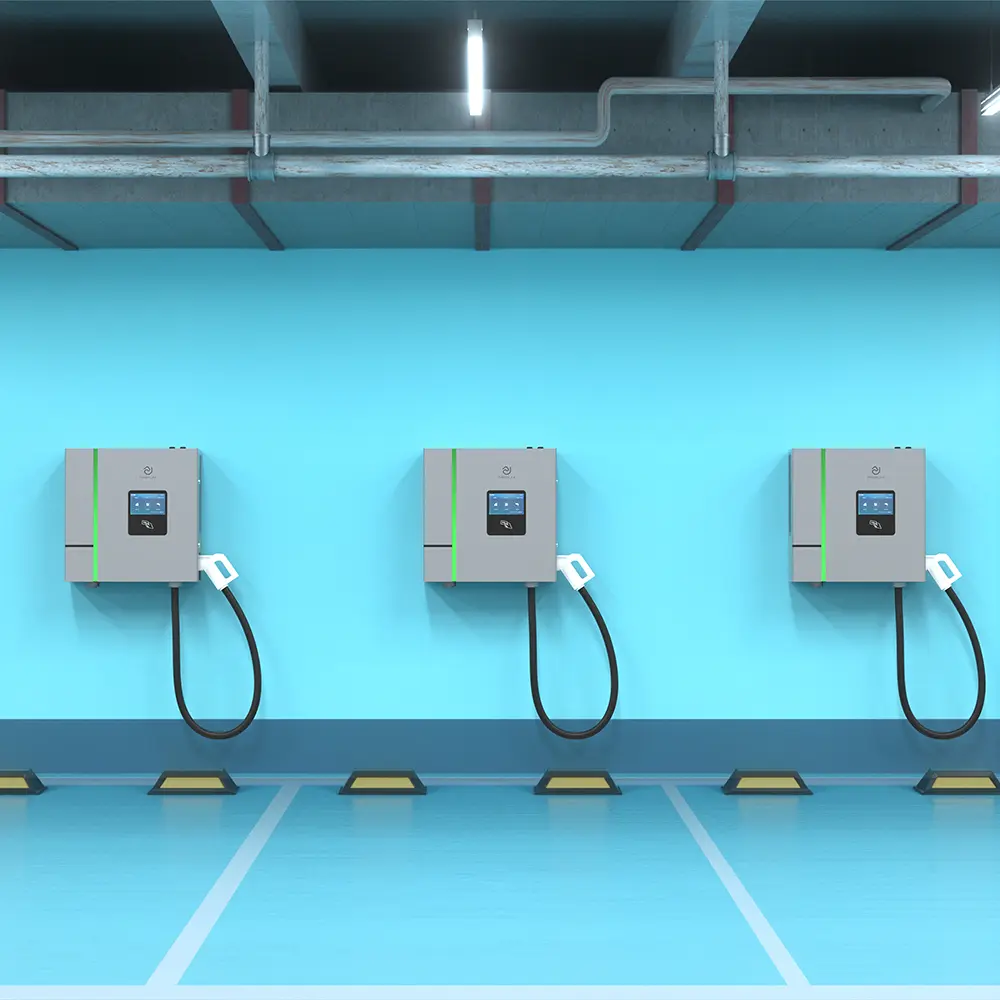Industry newsMay 15,2025By:
**The Impact of Fast Charging on Electric Vehicle Battery Life**
The rapid adoption of electric vehicles (EVs) has been driven by advancements in battery technology and charging infrastructure. Among these advancements, fast charging—a feature that significantly reduces charging times—has emerged as a critical factor in enhancing consumer convenience. However, its long-term impact on battery health remains a subject of intense debate. While fast charging addresses "range anxiety" and supports the practicality of EVs, it also raises concerns about accelerated battery degradation, which could undermine sustainability and cost-effectiveness.
**Understanding Fast Charging Dynamics**
Fast charging relies on delivering high currents to EV batteries in short intervals, enabling a 20–80% charge in 20–40 minutes, compared to several hours for standard charging. This process, however, generates excessive heat due to the rapid movement of lithium ions within battery cells. Elevated temperatures strain the electrochemical components, leading to physical and chemical changes. For instance, lithium plating—a phenomenon where lithium ions deposit as metallic lithium on the anode surface—can permanently reduce battery capacity. Similarly, the solid-electrolyte interphase (SEI) layer, which stabilizes battery chemistry, may thicken unevenly during repeated fast charging, increasing internal resistance and impairing efficiency.
**Empirical Evidence of Degradation**
Studies indicate that frequent use of fast charging can reduce battery lifespan by up to 10–20% compared to slow charging. For example, a 2020 study by the University of Michigan found that batteries subjected to daily fast charging lost 12% more capacity after 50,000 miles than those charged conventionally. High temperatures during fast charging exacerbate this degradation, particularly in nickel-manganese-cobalt (NMC) batteries commonly used in EVs. Manufacturers like Tesla and Nissan have integrated thermal management systems to mitigate heat-related damage, but these solutions add complexity and cost.
**Balancing Speed and Longevity**
To address these challenges, researchers are exploring adaptive charging algorithms that adjust power delivery based on battery state-of-health and temperature. For instance, "smart" charging systems may prioritize slower charging when the battery is above 30°C or below 15°C to minimize stress. Advances in battery chemistry, such as silicon-based anodes and solid-state electrolytes, also show promise in improving fast-charging resilience. Automakers like Porsche and Lucid Motors are experimenting with 800-volt architectures, which reduce heat generation by operating at higher voltages with lower current.
**The Road Ahead**
While fast charging is indispensable for mainstream EV adoption, its impact on battery life necessitates a balanced approach. Consumers should be educated on optimizing charging habits—for example, reserving fast charging for urgent needs and relying on slower methods for daily use. Meanwhile, ongoing innovations in battery technology and charging infrastructure will play a pivotal role in reconciling speed with durability. As the industry evolves, achieving this balance will be critical to ensuring the long-term viability of electric mobility.

Check out Pingalax!